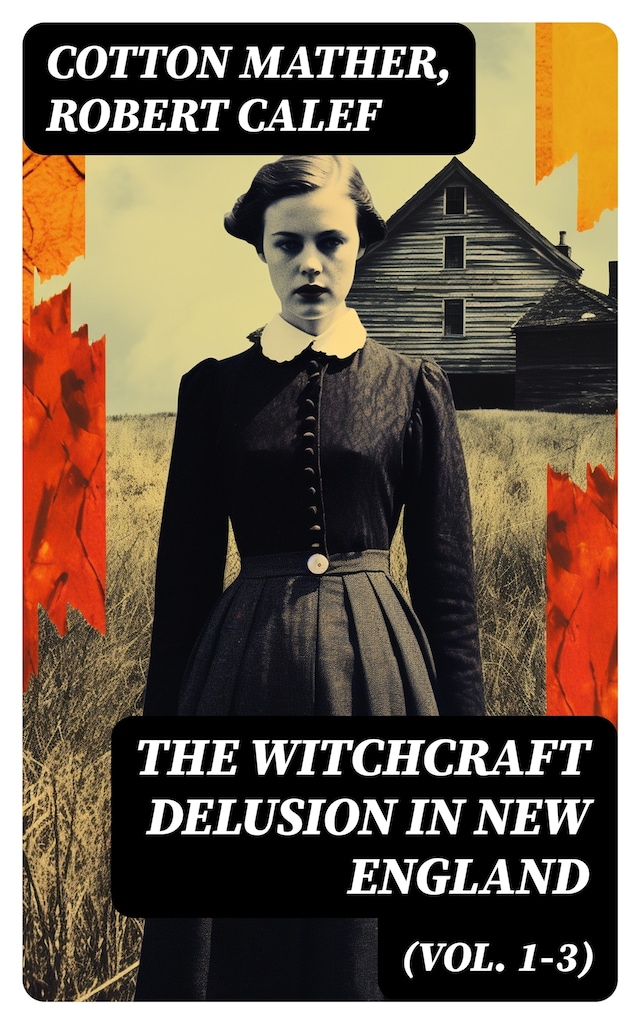
The Witchcraft Delusion in New England (Vol. 1-3)
Its Rise, Progress, and Termination (Complete Edition)
Description of book
The Witchcraft Delusion in New England (Vol. 1-3) represents a foundational collection in the study of early American history, witchcraft beliefs, and the social hysteria that enveloped New England during the late 17th century. Within these volumes, readers will find a diverse range of literary styles, from the passionate theological arguments of Cotton Mather, a key proponent of the witch trials, to the critical, skeptical perspective of Robert Calef, who contested Mather's views. This juxtaposition not only showcases the varied literary responses to the witch trials but also situates the collection within a broader historical and cultural conversation about belief, rationality, and the power of fear in shaping communities. The contributing authors, Cotton Mather and Robert Calef, offer contrasting insights into the witch trials, representing the polarized views of their time. Mather, a Puritan minister deeply embedded in the cultural and spiritual life of New England, provides a window into the mindset fostering the witchcraft hysteria. Conversely, Calef, a merchant with a critical eye, offers a counter-narrative challenging the prevailing attitudes and practices of witch trials. Their combined works illuminate the complexities of the period, revealing the interplay between religious fervor, societal fear, and the struggle for rational discourse. This collection is a must-read for those interested in early American history, the sociology of hysteria, and the intersection of faith and logic in pre-Enlightenment societies. It offers a unique opportunity to explore contrasting viewpoints within the same historic episodes, providing a rich tapestry of thought and debate. For scholars, students, and general readers alike, The Witchcraft Delusion in New England offers a comprehensive, nuanced exploration of a critical moment in history, encouraging a deeper understanding of how collective fears can shape, and often distort, societal norms and justice.
 726 Pages
726 Pages